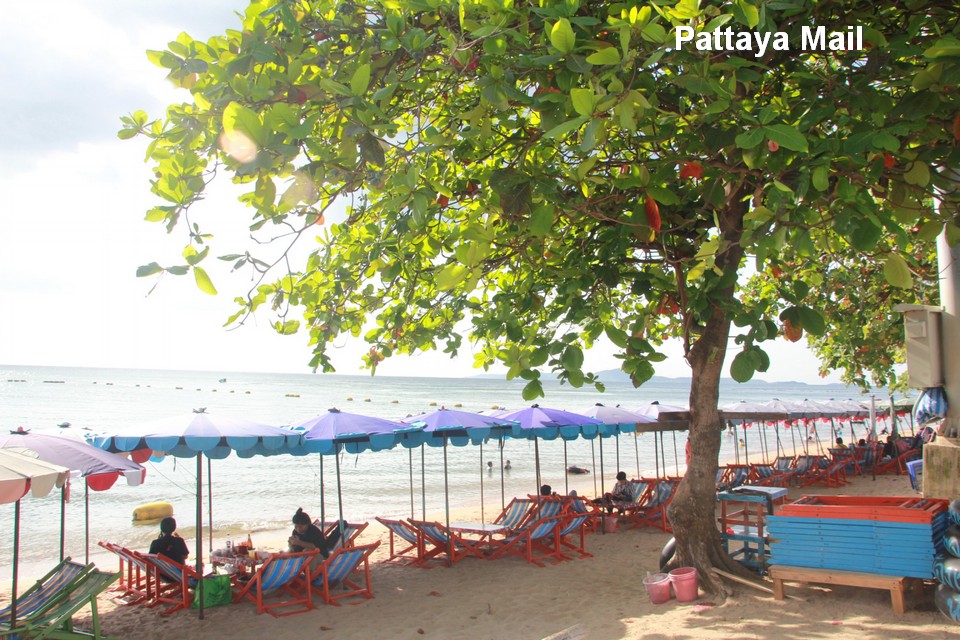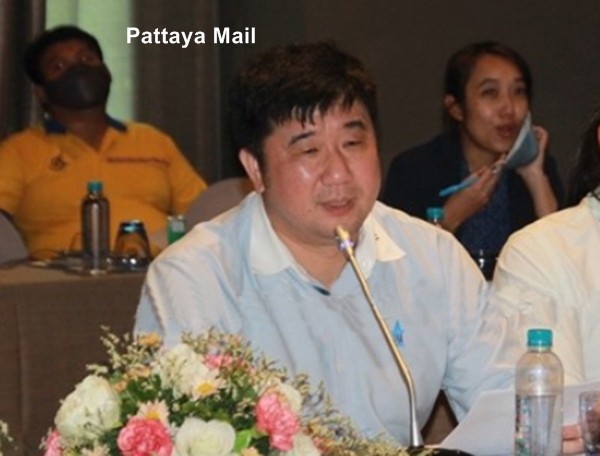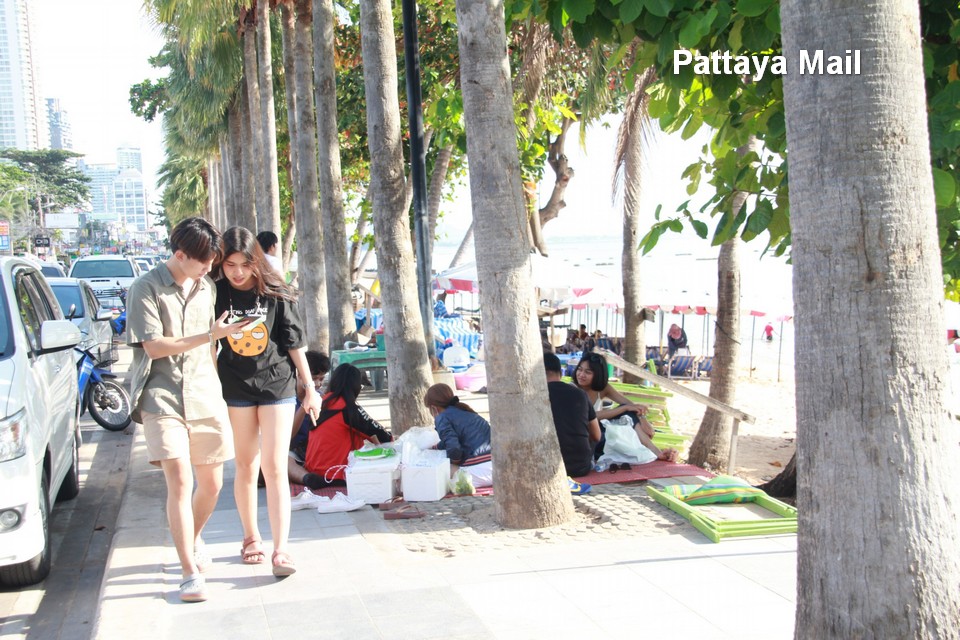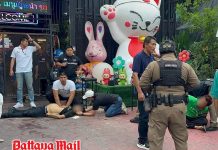
Pattaya hotels saw 30 percent of room bookings dropped after the cancellation of the Pattaya Countdown and amid a growing wave of coronavirus cases nationwide.
Phisut Sae-ku, president of the Thai Hotels Association Eastern Chapter, said hotels had been nearly fully booked before the emergence of Covid-19 cases in Samut Sakhon and the axing of the countdown and other new year’s events.
He said if the trend continues, half of all bookings likely will be canceled, mostly by family groups.
“We must wait until Jan. 3 to see the situation plays out,” Phisut said. “If the number of infections falls, and there is no increase in spread, the situation will recover by March or April. The Songkran festival may be good. On the other hand, if the situation gets out of control, it will be moderately serious.”

The phenomenon, of course, is not only hitting Pattaya. It’s estimated the cancellation of New Year’s events has cost the lower central region – Prachuap Khiri Khan, Phetchaburi, Samut Songkram and Samut Sakhon – billions of baht.
Samphan Pongpannakul, owner of Riverton Hotel in Samut Songkhram and chairman of Chamber of Commerce of the Lower Central Region 2, said the hotel cancellation rate in Samut Sakhon, the epicenter of the second wave, is nearly 100 percent.
The same was true for Samut Songkram, the next province to go into virtual lockdown over the virus.
“People gradually canceled rooms and seminars. The room bookings were in trouble from the outset as most tourists used the “We Travel Together” campaign,” he said. The Tourism Authority of Thailand delayed plans to subsidize stays of six to 12 days, which hurt the New Year period.
Jaroonsak Sripojsomboon, chairman of Phra Nakhon Sri Ayutthaya Chamber of Commerce, said 80-90 percent of the central region’s hotel and restaurant reservations for parties and events were canceled. Weekends also are seeing fewer day tourists, he said.

Teerachai Chutiman, chairman of Chamber of Commerce of Lower Central Region 1, which includes Kanchanaburi, Ratchaburi and Suphan Buri, said all holiday events were canceled and half of hotel rooms were too.
He estimated it cost the region a billion baht. Kanchanaburi alone earns about 600 million baht over New Year’s in normal years.
Boonchu Wiwattanathorn, chairman of Kanchanaburi Chamber of Commerce, said the majority of cancellations were from tour groups. Only about 2 percent were families or groups of friends. About 5 percent postponed stays instead of canceling.
Piran Chinchot, president of the Suan Pung Business and Tourism Association and chairman of the Ratchaburi Industrial Council, said more than 300 rooms in Suan Pung were canceled. At least 30-40 percent of enterprises were affected and tour groups canceled right away after the new outbreak.
“This New Year festival is more severe than last year with a lot of damage,” he said.





